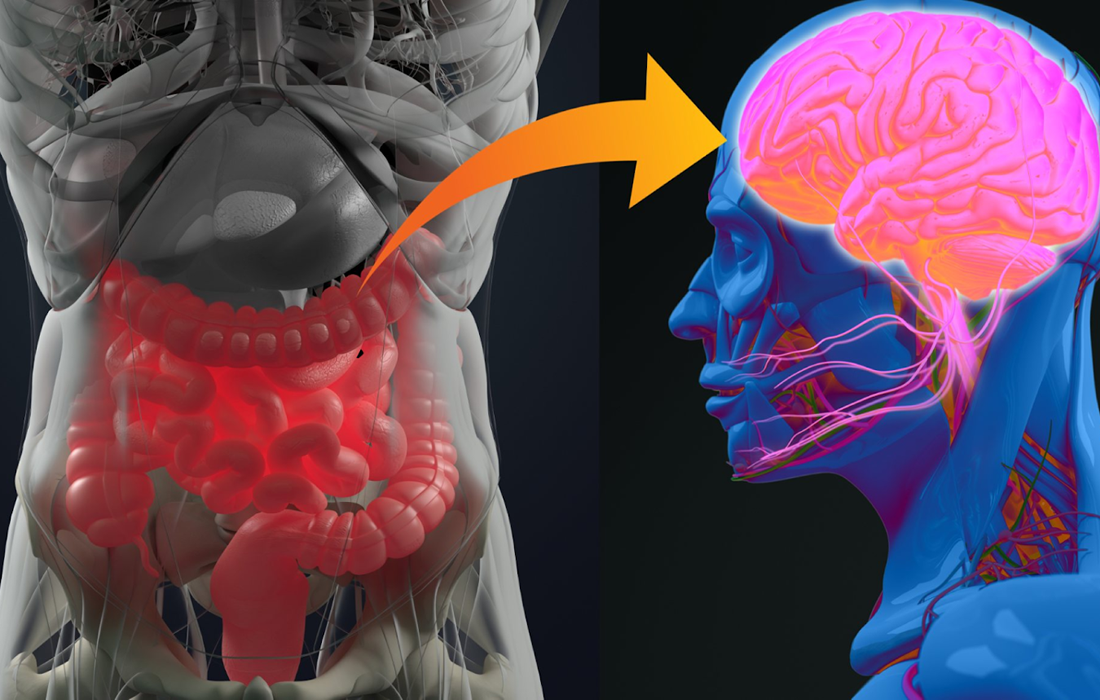Regenerative Medicine News and General Information
IBD Might Cause Mental Health Problems by Breaking Gut-Brain Axis
What is IBD?
Inflammatory bowel disease is an umbrella term used to describe disorders that involve chronic inflammation of the digestive tract. There are 2 main types: Crohn’s disease, which can affect any part of the gastrointestinal tract, and ulcerative colitis, which only affects the large intestine (colon) and rectum.
In 2015, an estimated 3.1 million adults in the United States, or 1.3% of the adult population had received an IBD diagnosis. Symptoms of IBD may include persistent diarrhea, blood in the stool, abdominal pain, weight loss and fatigue.
IBD and Mental Health Illness
According to a study from Glynis Byrne and colleagues published in the journal Canadian Journal of Gastroenterology and Hepatology, around 30% of individuals with IBD also experience depression, anxiety, or both.
The pain and discomfort that some people experience with certain chronic illnesses increase their risk of developing mental health illnesses. However, that does not appear to be the whole story in IBD.
New Research Study
A newly published study now suggests that IBD directly affects the brain by disrupting the gut-brain axis.
The study found that a gateway between the bloodstream and cerebrospinal fluid may close to protect the brain from inflammation during flare-ups and that this closure may disrupt the gut-brain axis, a communication between the gut and brain with possible links to mental health.
Microorganisms living in the gut play a prominent role in the relationship, although, as in this new study, findings to date are mainly in rodent models. The study found that inflammation in the gut may close the gateway in this communication system.
Unlike the blood-brain barrier, which prevents large molecules in the bloodstream from entering the brain, the gateway between the CSF and blood usually permits the passage of smaller molecules.
But the study found that it responds to inflammatory signals from the gut by slamming shut, presumably to prevent inflammation from spreading to the brain.
The research showed that in a mouse model of IBD, closure of the gateway disrupted memory and caused anxiety, which contradicts the widely accepted idea that brain inflammation in IBD leads to cognitive and psychiatric symptoms.
Overall, the research suggests that closure of this brain barrier due to gut inflammation may cause the anxiety and depression that some people with IBD experience. The research major limitation was that it was performed in a mouse model of ulcerative colitis and may not translate entirely to a human model. More studies will be necessary in order to elucidate the findings of this study.
Sources:
James Kingsland (2021, Oct 26) IBD may disrupt mental health by breaking gut-brain link. Medical News Today. Retrieved from:
https://www.medicalnewstoday.com/articles/ibd-may-disrupt-mental-health-by-breaking-gut-brain-link
Image from:

